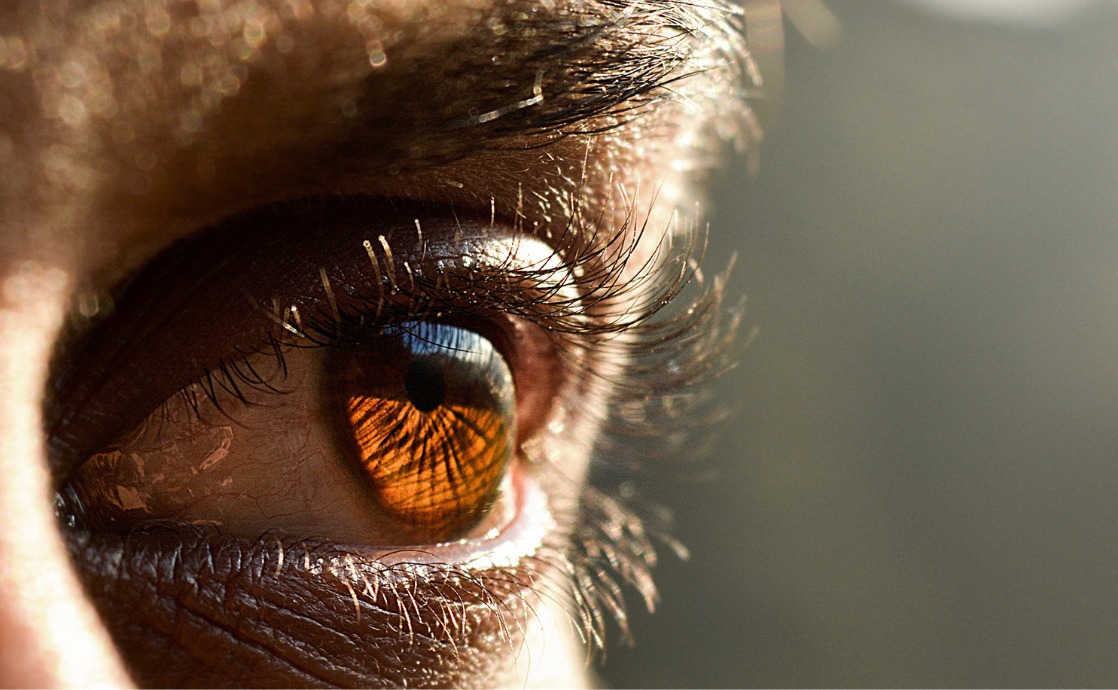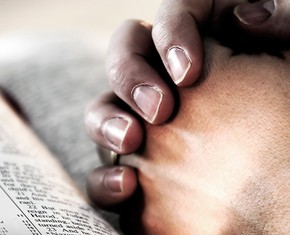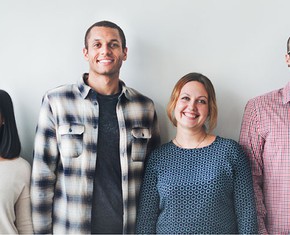The views expressed in our content reflect individual perspectives and do not represent the authoritative views of the Baha'i Faith.
We all have faults. No one is perfect, and this can make living with other human beings challenging and difficult. Because of human imperfections, we all have a tendency to see each others’ faults.
However, the spiritual wisdom of the world’s prophets, from ancient times until now, cautions us against this way of seeing others, and advises us to first look inside ourselves, to focus on our own faults.
In his mystical book The Hidden Words, Baha’u’llah, the prophet and founder of the Baha’i Faith, wrote:
O Companion of My Throne! Hear no evil, and see no evil, abase not thyself, neither sigh and weep. Speak no evil, that thou mayest not hear it spoken unto thee, and magnify not the faults of others that thine own faults may not appear great; and wish not the abasement of anyone, that thine own abasement be not exposed.
Jesus Christ, according to Mathew 7:3-5, said something very similar:
Why do you look at the speck of sawdust in your brother’s eye and pay no attention to the plank in your own eye? How can you say to your brother, ‘Let me take the speck out of your eye,’ when all the time there is a plank in your own eye? You hypocrite, first take the plank out of your own eye, and then you will see clearly to remove the speck from your brother’s eye.
According to author Jonathan Haidt in his book The Happiness Hypothesis, most people have a tendency to overlook their own faults while focusing on the faults of others. In fact, this has been proven in numerous psychological studies.
Why do we magnify the faults of others?
RELATED: How to Stop Focusing on Other People’s Faults
According to Haidt, the reason this happens is that while other people’s faults are clear to us, we tend to look at ourselves in a:
… rose-colored mirror … We judge others by their behaviour, but we think we have special information about ourselves — we know what we are “really like” inside, so we can easily find ways to explain away our selfish acts and cling to the illusion that we are better than others.
Haidt also relates our inability to see our own faults with what Dorian Gray and Emily Pronin call “naive realism” – we all believe that we see the world the way it objectively is, including our perception of others and ourselves.
Perhaps another reason we see others’ faults is that we may place our own standards on them. If I decide to walk the spiritual path, I will inevitably need to improve myself, overcome my own imperfections and develop spiritual qualities like kindness and patience. But this is no easy task. In my sincere effort to improve myself, I will likely hold myself to a certain standard, and it is this same standard that I may also impose on others.
So how can we stop looking at others’ faults?
The Baha’i teachings encourage us to take ourselves into account each day. This age-old practice, which Baha’u’llah’s writings also encourage, involves reflection on our actions each day. This means weighing the things we believe we’ve done well – and the things we could have done better.
That essentially spiritual practice involves taking an earnest look at ourselves on a daily basis, and seeking out our own imperfections, as this quote from a 1912 speech Abdu’l-Baha gave in Boston so clearly points out:
… search out your own imperfections and not think of the imperfections of anybody else. Strive with all your power to be free from imperfections. Heedless souls are always seeking faults in others. What can the hypocrite know of others’ faults when he is blind to his own? … As long as a man does not find his own faults, he can never become perfect. Nothing is more fruitful for man than the knowledge of his own shortcomings.
RELATED: Can I Vent Without Backbiting?
Haidt also says that we need to heed the call of the ancient advice of seeing our own faults:
When you find a fault in yourself, it will hurt, briefly, but if you keep going and acknowledge the fault, you are likely to be rewarded with a flash of pleasure that is mixed oddly with a hint of pride.
Since it’s hard to earnestly look at ourselves and face our faults, it’s also crucial to remember that God loves us unconditionally, no matter what we have done or failed to do. There is no sin big enough to stop God from loving us, because He is the “All-loving.” That said, we must also realize that God wants us to be good and to act nobly. If we don’t, while He will still love us, our wrongdoings will cut us off from that love, like a person standing in a shadow is cut off from the light. This brings us to God’s forgiveness – no matter how far we have walked off the path of virtue, the teachings of all the great Faiths assure us that God will forgive us and give us the chance to get back on the path.
So, ignoring the faults of others involves looking honestly at ourselves, being loving towards others and knowing that God loves us all.
















Comments
Sign in or create an account
Continue with Googleor